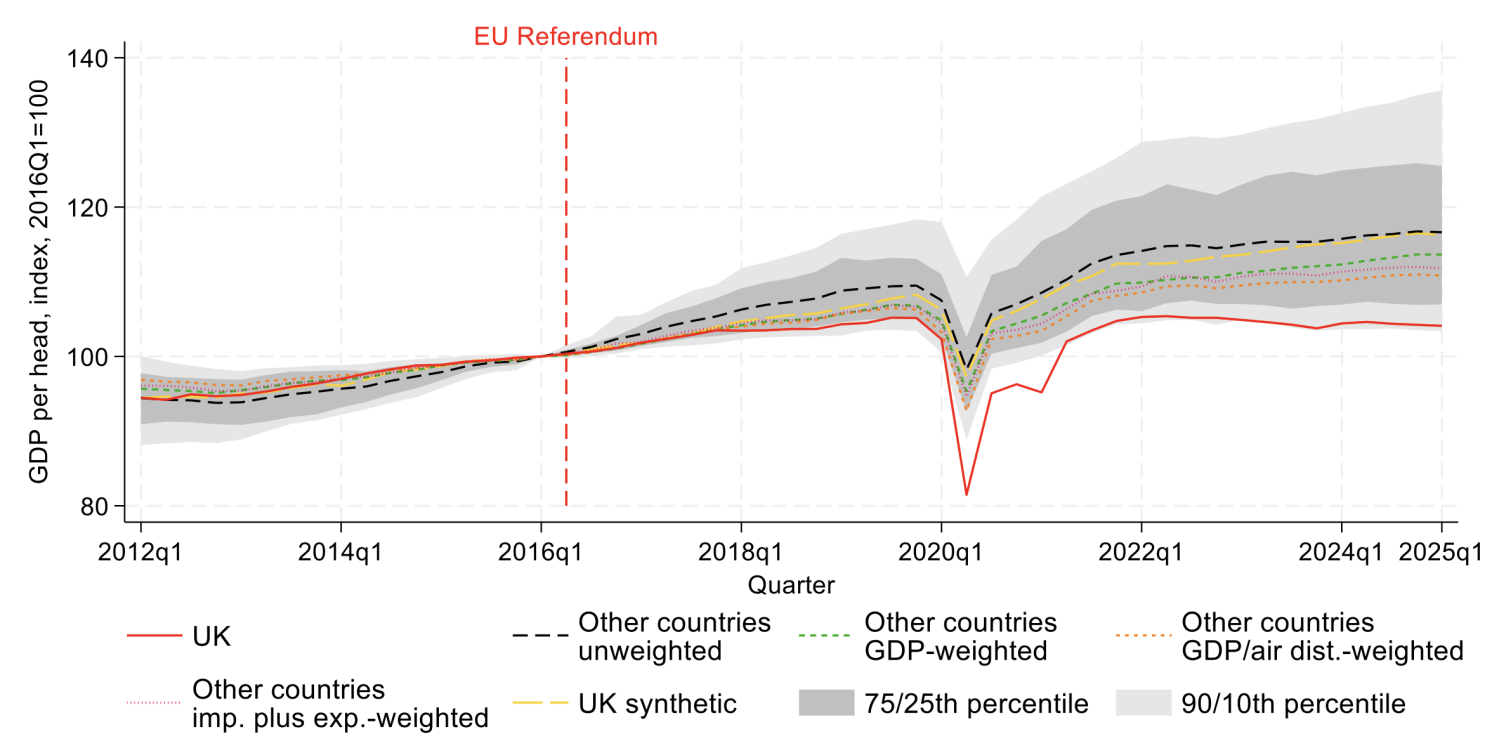When you are sleepy, a nap seems like a wise idea. But that midday shut-eye might indicate you are at higher risk of hypertension and stroke, according to new research.
Those who engage in frequent or usual napping during the day have a 12% higher risk of developing high blood pressure and a 24% higher risk of having a stroke when compared with those who do not nap at all, according to research published in Hypertension, a medical journal of the American Heart Association (AHA).
For the study, researchers analyzed data on about 360,000 people who were periodically surveyed about their napping frequency between 2006 and 2019. Their findings include:
- Overall, participants categorized as “usually” napping had a 12% higher risk of developing high blood pressure compared with participants categorized as “never/rarely” napping.
- “Usually” nappers over age 60 had a 10% higher risk compared to “never/rarely” nappers the same age.
- “Usually” nappers younger than age 60 had a 20% higher risk compared to “never/rarely” nappers the same age.
- The more often participants napped, the greater their risk of developing high blood pressure. For example, when napping frequency increased by one category — such as from “never/rarely” to “sometimes” napping, or from “sometimes” to “usually” napping — the risk of high blood pressure jumped 40%.
In an AHA press release, Michael A. Grandner — a sleep expert and director of the Sleep Health Research Program and the Behavioral Sleep Medicine Clinic at the University of Arizona in Tucson — commented on the study.
He noted that it might not be the naps themselves that are harmful, but rather the fact that people are not sleeping well at night and need to take naps to try to compensate for that fact:
“Poor sleep at night is associated with poorer health, and naps are not enough to make up for that. This study echoes other findings that generally show that taking more naps seems to reflect increased risk for problems with heart health and other issues.”
The study authors say more research is needed to discover more about associations between sleep patterns and heart health.
For more news about heart health, check out “Going to Bed at This Hour May Help Ward Off Heart Disease.”
Disclosure: The information you read here is always objective. However, we sometimes receive compensation when you click links within our stories.






































